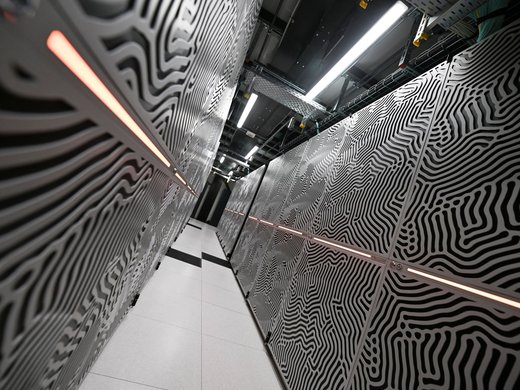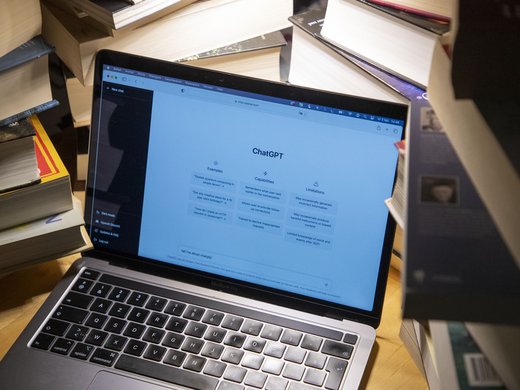This paper explains how the economic costs of data localization and associated regulations on the free flow of data affect downstream economies in a group of emerging economies and the European Union. It analyzes observable regulatory barriers that explicitly inhibit the cross-border movement of data, which are currently being considered and implemented by various governments. It also calculates the costs of data regulations for domestic industries by establishing an empirical link between the regulation in data services and domestic downstream economic performance at the industry level. This methodology allows for the econometric analysis of the economic impact of data regulations. The regression analysis reveals that regulatory restrictions of the free flow of data tend to reduce productivity and economic output in those industries that depend relatively intensively on data services. Following this analysis, the paper presents an overview of recent developments in policies regarding data localization and associated data regulations for the group of countries studied. In addition, an overview of regulations on the free flow of data is provided for a number of countries that are not covered in the empirical part of this paper, but should be of concern in follow-up studies.


